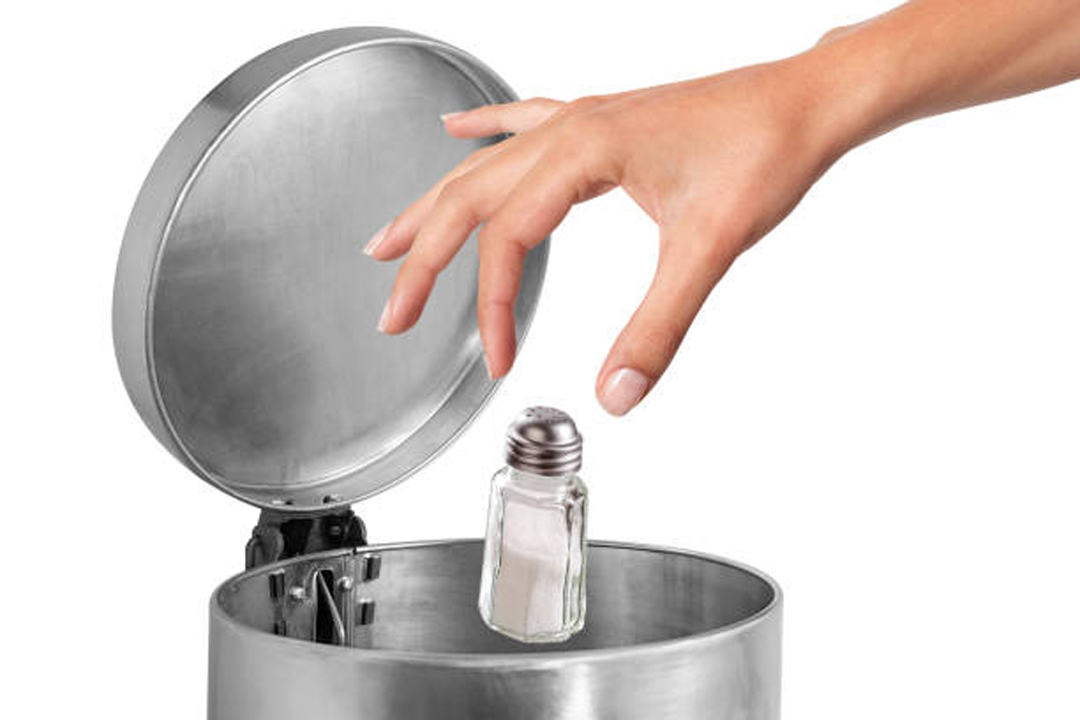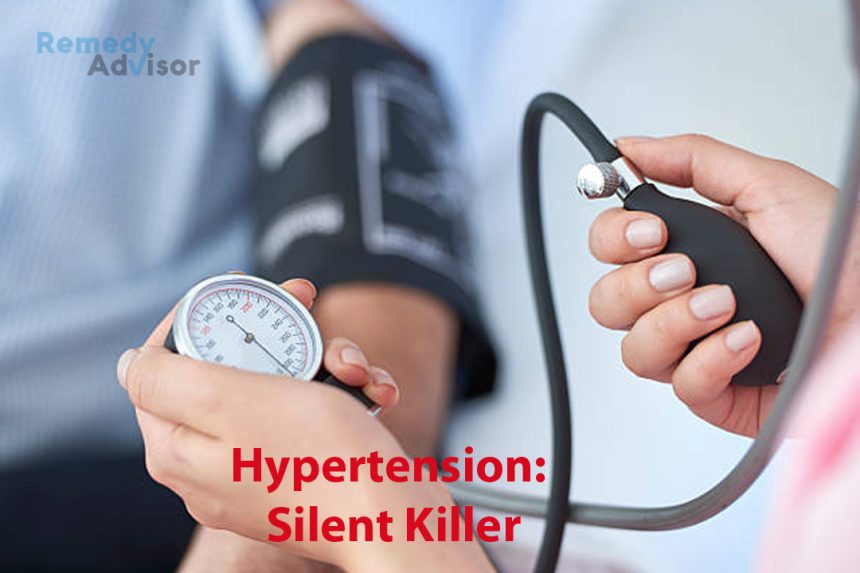High blood pressure is the most overlooked health problem in the US. Only 14 million of the estimated 70 million Americans who have it are getting adequate treatment.
The rest may feel fine, but they’re at increased risk for heart attack, stroke, kidney failure and other ailments.
• When is blood pressure considered high?
Any pressure above 120/80 is potentially problematic. We used to think that only the second (diastolic) number mattered. Now we know that the first (systolic) reading is important, too.
Hypertension is ranked in stages…
| Systolic | Diastolic | |
| Prehypertension | 120 to 139 | 80 to 89 |
| Stage 1 | 140 to 159 | 90 to 99 |
| Stage 2 | greater than 160 | greater than 100 |
• My blood pressure is only slightly elevated
Is that cause for concern? Even Stage 1 hypertension can cause serious health problems. Everyone should try aiming for an optimal blood pressure reading of 115/75.
• What causes high blood pressure?
We don’t know the full story. However, blood pressure is a reflection of how hard your heart is pumping and of the size of your arterioles, special blood vessels that act as gatekeepers between the arteries and the capillaries, the tiniest blood vessels.
Arterioles dilate or narrow according to nerve signals from the brain, which bases its “decisions” on feedback from nerve endings near the heart. These nerve endings constantly monitor your blood pressure.
This feedback loop boosts your pressure when you exercise or undergo psychological stress and lowers it when you’re asleep or relaxed.
In hypertension, blood pressure is consistently higher than it should be whether you are stressed or relaxed.
Ninety percent of people with high blood pressure have primary (essential) hypertension. This condition seems to be largely hereditary, although excess weight, lack of exercise, high salt intake, alcohol consumption and age can also play a role.
• What about the other 10% of cases?
They’re the result of other ailments typically kidney disease, thyroid or adrenal gland problems or sleep apnea. Once the underlying disease is diagnosed, blood pressure can usually be controlled.
• How do I know if I have high blood pressure?
Have a doctor measure it or buy and use your own blood-pressure monitor. Cost: $35 to more than $100. Ask your doctor to make sure it’s properly calibrated.
A single high reading especially a diastolic reading above 90 or a systolic reading above 140 may be cause for concern. However, it does not necessarily mean you have hypertension.
A single measurement may not be representative of your blood pressure throughout the day. And about one in five people who visit the doctor exhibit high blood pressure simply because they’re nervous.
Your doctor must be careful to distinguish real hypertension from this “white-coat” variety. Aggressive treatment of white-coat hypertension can be dangerous.
To tell if your blood pressure is consistently high, you must take several readings preferably over a period of days or weeks.
If you are diagnosed with hypertension, your doctor should follow up with a thorough physical exam. This exam should include an electrocardiogram, a urinalysis and blood tests for
- Blood lipids
- Glucose
- Calcium
- Potassium
- Complete blood count
- Uric acid
- Creatinine
What can I do to lower my blood pressure?

If it’s just a bit high, you can probably nudge it down into the safe range by making a few lifestyle changes
- Cut back on alcohol: Alcohol in any form raises blood pressure. Have no more than one ounce a day the amount in two beers, a glass of wine or a jigger of whiskey.
- Exercise more: Get 30 to 60 minutes every day of moderate activity walking, jogging, bicycling, etc. Becoming fit can lower your blood pressure by six to seven points.
- Lose weight: Overweight people who reduce their body weight by 5% to 10% often experience a significant drop in blood pressure.
- Quit smoking.
- Reduce sodium intake: Some people are salt-sensitive, others aren’t. My advice is to stop using a salt shaker…and to avoid processed foods, which account for two-thirds of daily salt intake.
• Is there any special diet that can help?
In addition to restricting your salt intake, try to eat calcium and potassium-rich foods (especially fruits, grains and vegetables). These minerals promote excretion of sodium.
Being a vegetarian also seems to lower blood pressure. Vegetarians not only eat more fruits and veggies than their meat-eating peers, but are also thinner. Some people swear by magnesium supplements, fish oil, garlic and other purported pressure-lowering remedies. But there’s no hard evidence that these products have any beneficial effect.
•When is it appropriate to treat hypertension with drugs?
If you’re more than a few points above normal, your doctor will probably prescribe antihypertensive medication in addition to lifestyle changes.
There is now a wide variety of very effective anti-hypertensive
- Diuretics remove sodium and water from the bloodstream, shrinking blood volume and dilating arteries. Diuretics are especially effective in African-American and elderly individuals and in individuals whose blood pressure is salt sensitive. Diuretics can deplete potassium levels, so any patient taking them should have his/her potassium levels carefully monitored.
- Beta-blockers reduce the force of each heartbeat and block the release of hormones that boost blood pressure. Beta-blockers can cause fatigue, insomnia and sexual problems. They should be avoided by those with asthma or heart failure.
- ACE inhibitors slow key chemical interactions in the bloodstream that lead to hypertension. Relatively free of side effects, they can cause coughing and rarely swelling of the face and limbs.
- Calcium channel blockers (the short acting form of nifedipine, such as Procardia, Adalat) have been linked to heart attack. Some doctors are questioning using calcium channel blockers as a first-line treatment for hypertension because they do not appear to provide the protective benefits of diuretics, beta-blockers and ACE inhibitors.
- Can hypertension be cured? Once you have essential hypertension, it never goes away. You’ll have to monitor your blood pressure on a regular basis for the rest of your life. However, with a combination of lifestyle changes and well-tailored medication, most people can bring their pressure down to safe levels.







